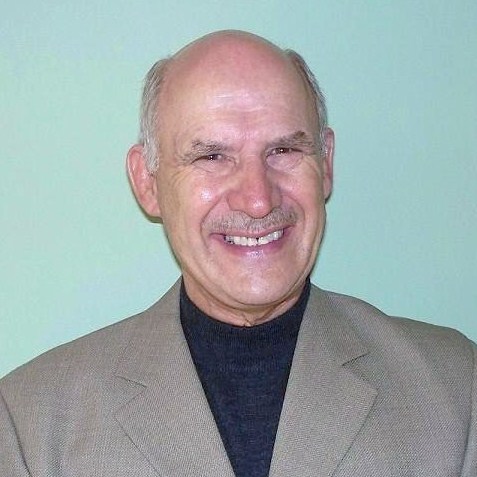The history of agnosticism is continuous with that of scepticism, and the most general use of the term represents the view that we do not know whether there is a God or not. Debates in the 19th century often used the word in a stronger specific sense. To be an agnostic was to hold that knowledge of God is impossible because of the inherent limitations of the human mind.
A growing mass of data and theory emerging from the physical sciences was, prima facie, at variance with Biblical history and cosmology. Agnosticism, and particularly the agnosticism of those who abandoned the traditional, organized religions, became fairly widespread. There was the new time scale of geology, the Darwinian evolutionary theory, and the historical criticism of the Bible itself. Once the strong initial resistance to criticism of Christian teaching had been overcome, it was possible to express openly a good many moral misgivings about the Christian conception of God. And there were those researchers who were critical of the standards of evidence and reasoning of theology, and contrasted them with the severe, rigorous, and dispassionate criteria of the emerging sciences.
Thomas Henry Huxley, known as “Darwin’s bulldog,” was a scientist with superior communications skills, especially in writing persuasive English prose and as a public debater. As he himself said, his role was to champion “the application of scientific methods of investigation to all the problems of life.” In this role, he argued that man is merely an animal and that traditional religion is a tissue of superstitions and lies. In his essay Agnosticism and Christianity, he outlines his rationale of the agnostic doctrine. An extract from the concluding paragraph states:
… when Ecclesiasticism declares that we ought to believe this, that, and the other, and are very wicked if we don’t, it is impossible for us to give any answer but this: We have not the slightest objection to believe anything you like, if you will give us good grounds for belief; but, if you cannot, we must respectfully refuse, even if that refusal should wreck morality and insure our own damnation several times over…
As Darwin’s defender, in 1860 Huxley famously debated Anglican Bishop Wilberforce over Darwin’s The Origin of Species. Even on his tombstone, which he asked to have engraved, the epitaph commences with… Be not afraid, ye waiting hearts that weep…
In our time, it’s commonplace for those having difficulty in accepting there is a God not wanting to declare themselves atheists, so they often opt for the label “agnostic” with its implied “show me” the proof rider before giving serious consideration to believing.
As to atheism, an atheist by ordinary definition, is a person who maintains there is no God. In ages past there was a prevailing view that only a depraved person would adopt such a position and that the spread of atheism would be catastrophic for the human race. However, there are relatively few people nowadays, as compared to earlier ages, for whom the thought of atheism and atheists arouse such concern. It seems to be increasingly accepted that an atheist can be as good a person as anyone else, and that their oaths and promises are no less trustworthy than believers’. In most civilized lands, atheists have the same, or nearly the same rights, as anybody else. What is more, it appears to be generally realized that some of the world’s foremost philosophers, scientists, and artists are avowed atheists. Increasingly religious views, spiritual views, secular views, etc., are becoming more individualized and accepted as a “private” matter.
Nowadays, while there is certainly more tolerance to varied beliefs, spiritual or otherwise, the basic questions pretty much remain the same. Atheists routinely remind us that scientific findings fail to reveal any trace of a God. And one of the more common atheistic arguments has been to declare that if there really was a God then surely, he or she would have provided human beings with clearer evidence of his or her own existence, and plus they raise that ageless question that befuddles us all—does all the evil in our midst make any sense? And if indeed there were an omnipotent God, of perfect goodness and grace, why indeed the presence of evil? Nevertheless, believers need to remind themselves that the concept of good and evil and grace—referred to by unbelievers—presumably is a concept borrowed from God-fearing people. And that while science has made steady strides in explaining “what” things are, it has been consistently vague in determining “why” things are—the same now as it was in the beginning.
For Christians, who proclaim the gospel from a God-centred faith, it’s a challenge, albeit a meaningful one, to try and explain to unbelievers the why and wherefores of a faith-based acceptance of a supernatural God. And indeed, within our limited and restricted understanding of our everyday natural world, most of us already have more than we can meaningfully muddle through. Yet, we know that through believing in God, through prayer and devotion, we can arrive at a meaningful and acceptable level of understanding.


